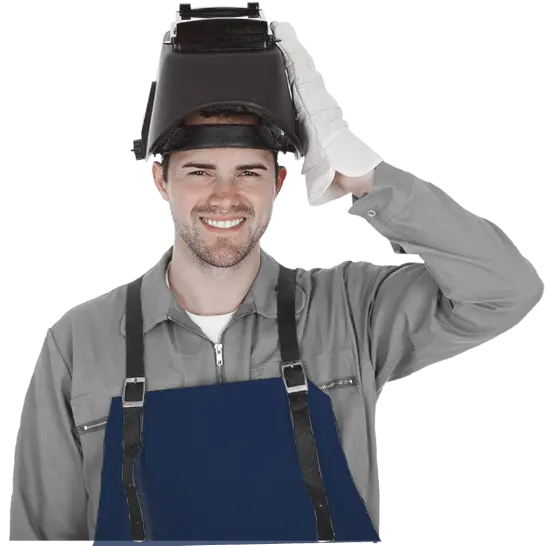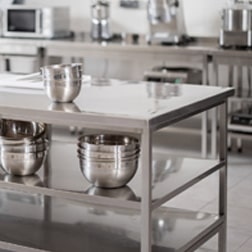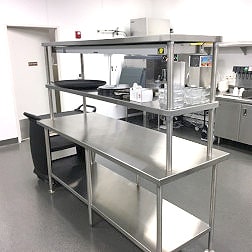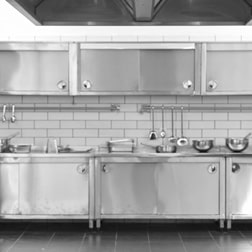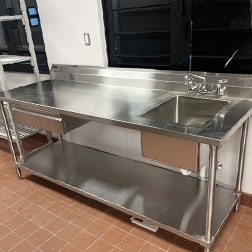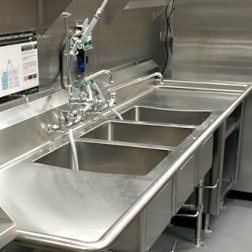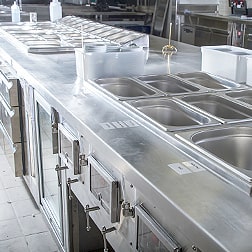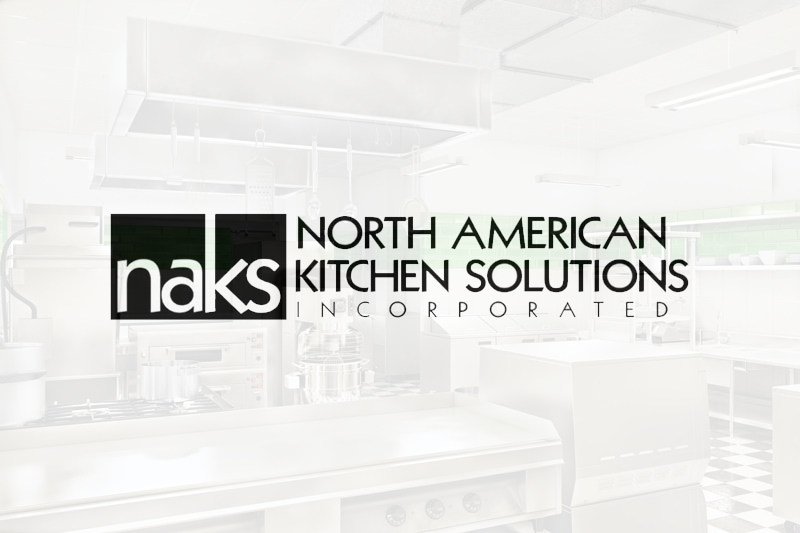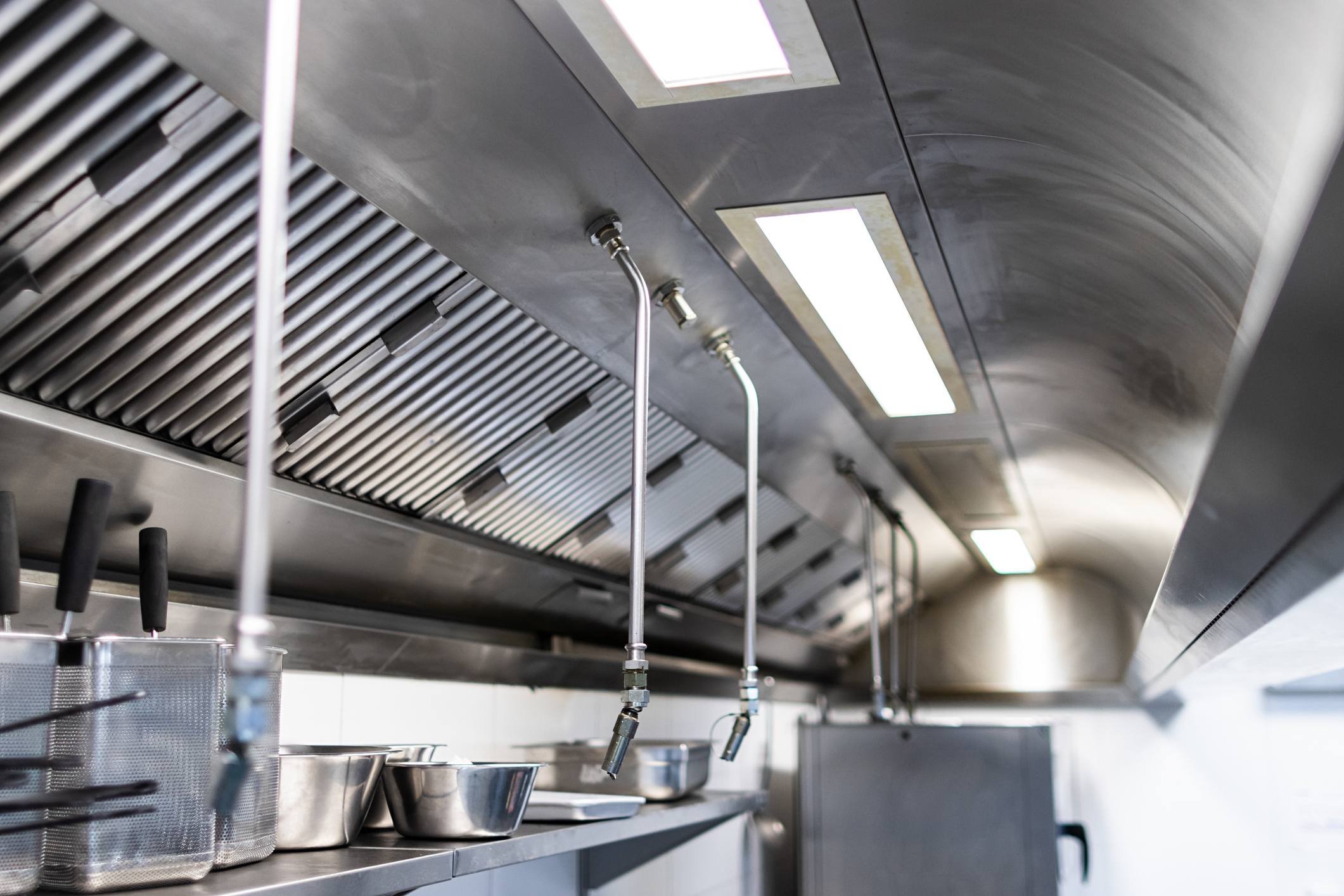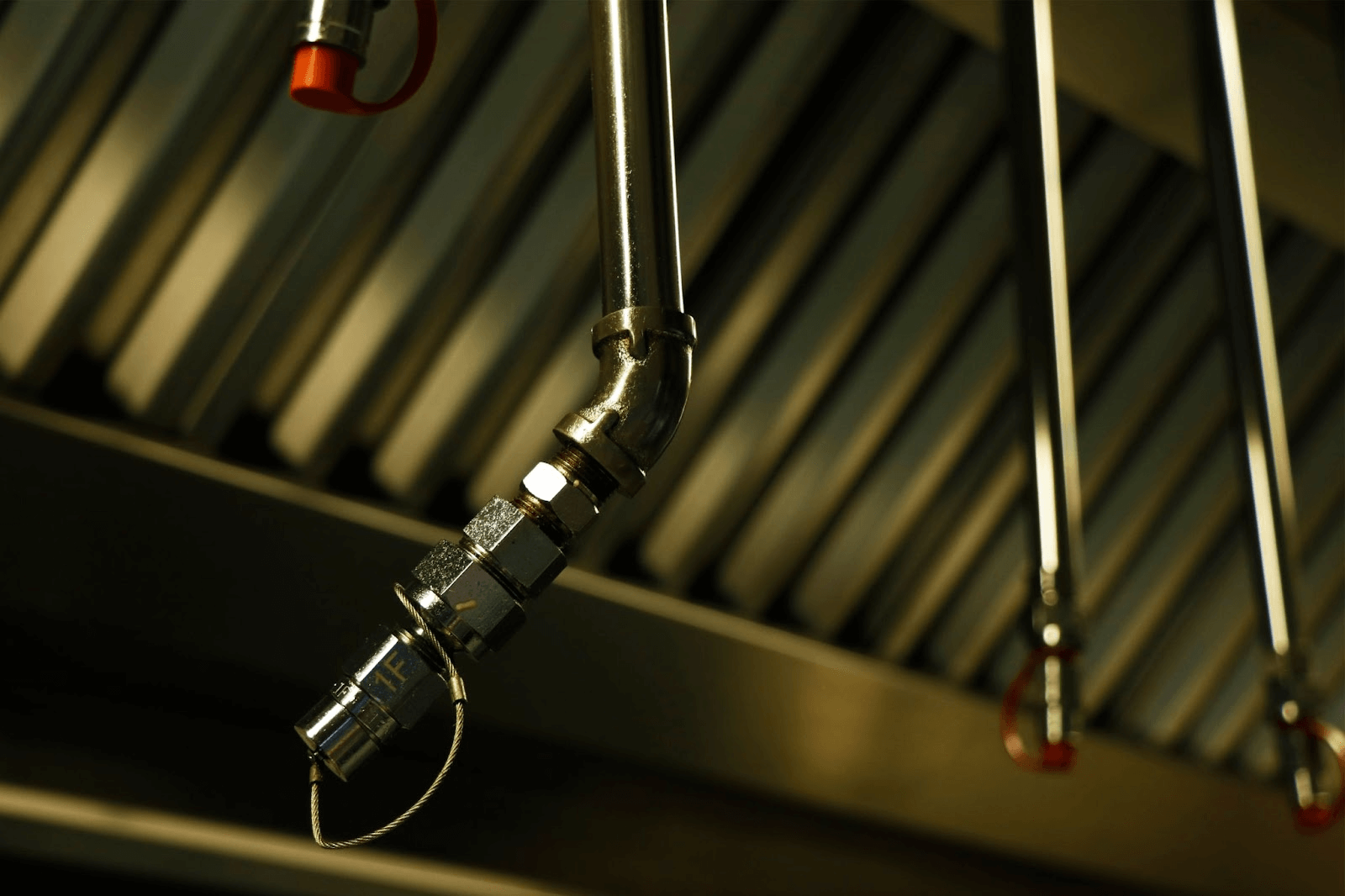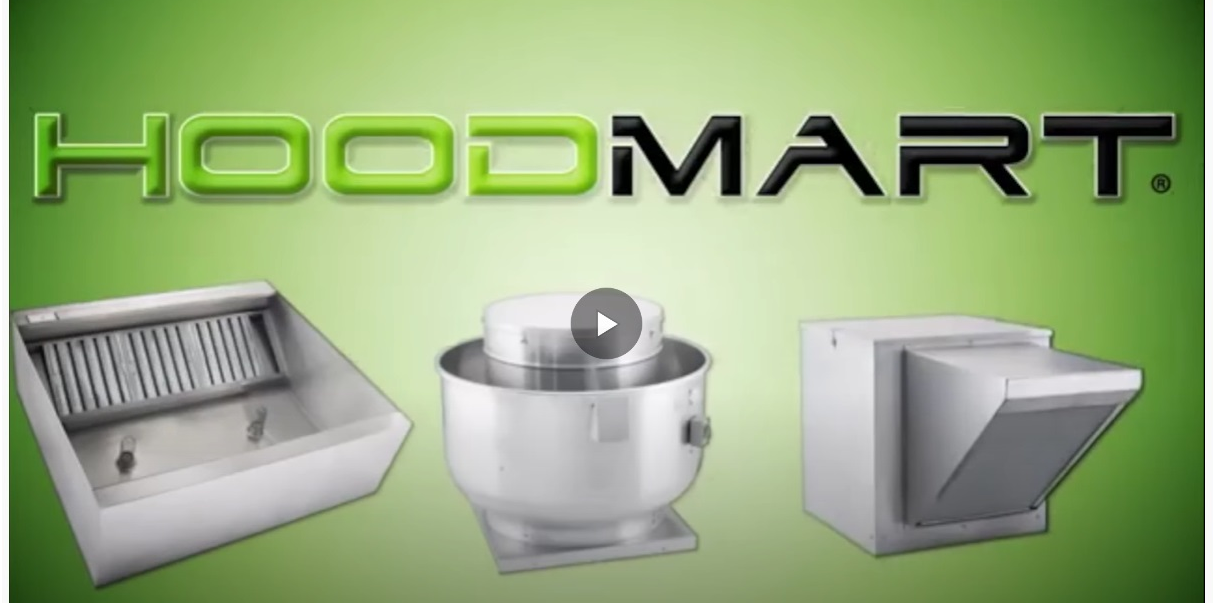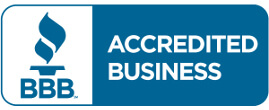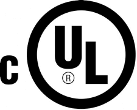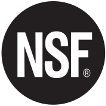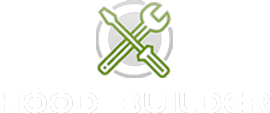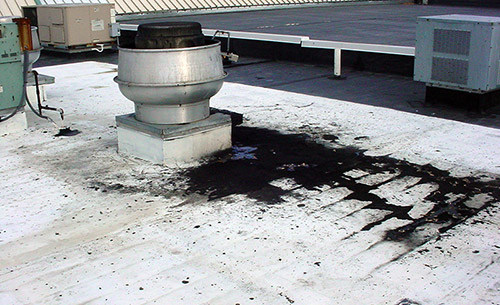
Discover how to prevent rooftop grease buildup in your commercial kitchen and protect your establishment from structural damage with these proactive maintenance tips.
Running a commercial kitchen can be rewarding, but it comes with its fair share of challenges. One of these challenges, especially for kitchens that deal with grease, oils, and fats, is the risk of rooftop grease buildup. In this article, we will explore the causes of this problem and delve into preventive measures you can take to protect your kitchen's integrity, maintain compliance with local regulations, and safeguard the environment.
A Greasy Dilemma
In commercial kitchens, the management of grease can vary significantly. Some kitchens carefully collect and recycle grease, contributing to a sustainable approach to waste management. Others may not have such eco-friendly practices, choosing to dispose of grease down their drains, which poses risks to their own drainage systems and the local environment.
However, a common method many commercial kitchens employ to manage grease is using exhaust hood systems. These systems are designed to capture airborne grease particles, or grease-laden vapors, providing a crucial line of defense against indoor air pollution and fire hazards. They work diligently to keep the air clean, but what happens to the grease once it's collected?
Understanding Airborne Grease
As your exhaust hood system goes to work, it effectively captures grease by-products released when cooking up a storm in the kitchen. It's a critical part of maintaining a safe and healthy kitchen environment. However, if you've ever inspected your hood, you'll likely notice that some grease residue remains on the hood itself. Additionally, grease can accumulate on the baffle filters.
So, what becomes of the grease that escapes these filters? Well, it's on the move. Any grease that manages to evade capture will eventually find its way into the kitchen exhaust ducts as grease-laden vapor, embarking on a journey that ultimately leads to your rooftop grease traps.
The Culprit Behind Rooftop Grease Buildup
Rooftop grease buildup isn't something that happens overnight. It's a gradual process with multiple contributing factors. One common cause is grease pooling on rooftops due to fan leaks. These leaks often occur as a result of improper seals on the joints of the exhaust fan or during periods of excessive rainfall.
Grease management during maintenance can also be a culprit. Picture this scenario: you're cleaning your fan blades, using a stream of water to remove grime, and suddenly the blades start spinning. In an instant, grease is sprayed onto nearby surfaces, including your rooftop. It's a mess waiting to happen.
However, the most typical scenario involves grease buildup within the exhaust fan's base. The excess grease can overflow as the fan collects airborne grease particles over time. These overflows result in unsightly grease drips on the rooftop, which can accumulate and eventually form puddles.
Preventive Measures
Now that we've examined the causes of rooftop grease buildup let's discuss preventive measures you can implement to ensure that your kitchen remains free from structural damage, regulatory issues, and environmental concerns.
1. Regular Preventative Maintenance
Proactive maintenance of your commercial exhaust system is the key to safeguarding your rooftop from grease buildup. Schedule professional hood cleanings every couple of months in addition to your routine monthly cleanings. These cleanings are essential for operating your exhaust hood system smoothly and efficiently, disposing of airborne grease particles.
2. Proper Sealing and Inspection
Ensure that the joints of your exhaust fan are correctly sealed to prevent grease leaks. Regularly inspect your exhaust system for any signs of wear and tear, and address issues promptly to prevent leaks.
3. Careful Maintenance Practices
When cleaning your exhaust fan blades or conducting any maintenance near the exhaust system, take precautions to avoid spraying grease onto nearby surfaces. Turn off the fan or ensure it won't inadvertently start during cleaning.
4. Address Grease Overflows
To prevent grease from overflowing and causing rooftop drips, regularly clean the base of the exhaust fan and address any buildup promptly.
Conclusion
Rooftop grease buildup is a common challenge for commercial kitchens that rely on exhaust hood systems to manage airborne grease. By prioritizing regular preventative maintenance, proper sealing, careful maintenance practices, and addressing grease overflows, you can protect your rooftop, your establishment's structural integrity, and the environment.
About HoodMart
HoodMart is your trusted partner in kitchen exhaust solutions. We offer a wide range of exhaust hood systems, including options such as Compensating (Short Cycle) and Perforated Supply Plenum (PSP) systems. We also provide essential exhaust hood accessories, including hood filters, canopy hood lights, and curbs.
If you have questions about selecting the right hood system for your kitchen or need expert guidance, our knowledgeable experts are ready to assist you. Contact us at 1.855.334.8563 or our convenient live chat system for expert advice tailored to your needs.
By following these preventive measures, you can ensure that your commercial kitchen remains free from rooftop grease buildup, safeguarding your kitchen's efficiency, compliance with regulations, and environmental responsibility!






 CUSTOM FABRICATOR
CUSTOM FABRICATOR